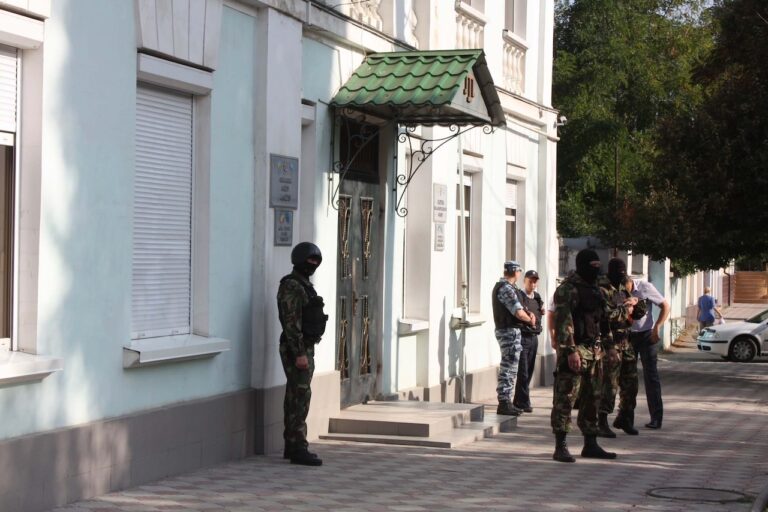Censorship measures are targeting both traditional media, which are closely scrutinized, criticized and threatened, and the Internet, now recognized as playing a key role in political debate. Russia has 51 million Internet users, more than any other country in Europe.
(RSF/IFEX) – 1 December 2011 – Reporters Without Borders firmly condemns the avalanche of arbitrary censorship measures that Russia’s federal and local authorities have been adopting ahead of the 4 December parliamentary elections and the presidential elections scheduled for 4 March.
They are targeting both the traditional media, which are closely scrutinized, criticized and threatened, and the Internet, now recognized as playing a key role in political debate. Russia has 51 million Internet users, more than any other country in Europe. A quarter of Russians say the Internet is their main source of news (according to the market research company comScore).
Reporters Without Borders has compiled a list of recent freedom of information violations that show that no methods are being spared to bolster Russian strongman Vladimir Putin and promote unanimous acclaim for his decision to run again for the presidency.
Censorship of Internet criticism
Prime Minister Putin recently warned western countries against any attempt to meddle in Russia’s elections and the state-run Ria Novosti news agency was allegedly ordered to rid its website of any foreign news reports critical of Putin.
Grigory Okhotin resigned from Inosmi, a Ria Novosti offshoot that translates foreign media articles into Russian and posts them on its website, after receiving an internal email from the head of the Internet department asking all employees “not to post any article hostile to Putin and United Russia on the site” during the week prior to the elections. Okhotin leaked the email on 26 November.
A Ria Novosti spokesperson denied Okhotin’s claim on 29 November, pointing out that media censorship violates Russia’s constitution. The news agency is now planning to sue Okhotin for defamation.
LiveJournal, a very popular blog platform that hosts much of the political debate taking place in Russia, was the target of yet another DDoS attack on 28 November. The platform has been a repeat target of such attacks (in which a website is blocked by means of thousands of simultaneous access requests) since the start of the year.


